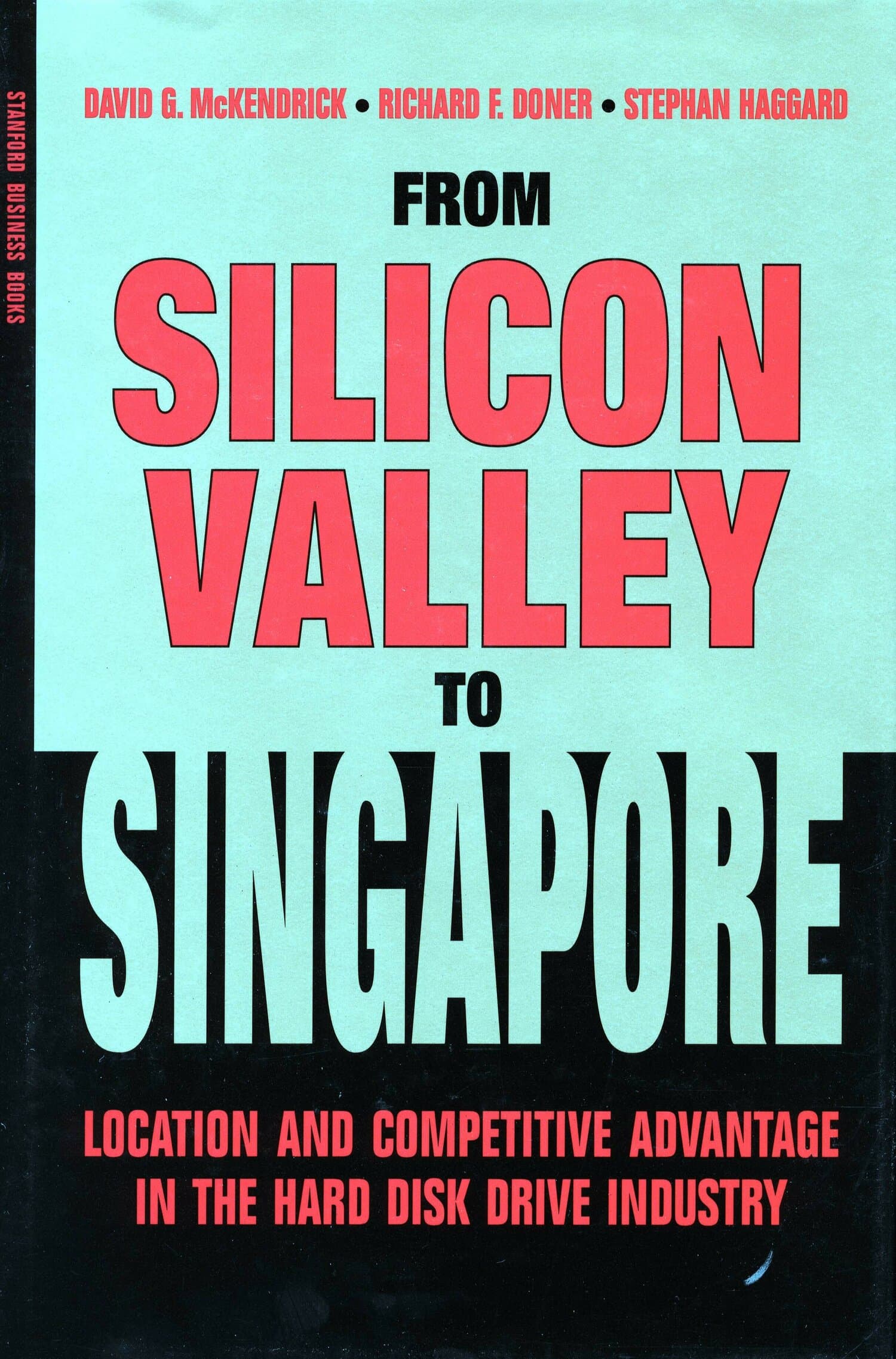Strategizing, Disequilibrium, and Profit

This book starts from the proposition that frameworks used in business strategy lack realism because they are built on equilibrium-based foundations carried over from the domain of neoclassical economics. Mathews proposes instead a conceptual framework consistent with the turbulence found in real economies, and brings strategizing into conformity with such phenomena as innovation and technological change, network formation, capture of substitution effects in modular systems, and many other interesting features of modern economies that are passed over by mainstream equilibrium-based analysis. This new framework is based on the way firms assemble resources into a distinctive bundle, then build activities out of these resources to generate revenue, and link the resources to the activities through routines created and administered by management.
"Unlike most books on the theory of the firm, this one takes reality into account. Mathews has researched the semiconductor and other leading-edge industries, studied both small and large entrepreneurial firms, and analyzed trade agreements between nations. His accumulated wisdom is woven into a simple yet elegant framework, and his arguments for firm strategizing under conditions of disequilibrium are compelling. Both economists and organizational scholars will learn a great deal from this refreshing work."—Charles Snow, Penn State University
"[T]his is a book that should be read by anyone who seeks to contribute to the theory of the firm. Mathews' efforts to retain the valuable ideas and constructs of economic, strategic management, and entrepreneurship theory, and to incorporate them into a realistic and usable framework, are admirable. The sweeping scope of his framework will allow individual scholars to see and understand how their research fits into the evolving theory of the firm and where their scholarly efforts should be directed in the future. Both economists and organizational theorists will learn a great deal from this refreshing work."—Academy of Management Review
"I have no doubt that Strategizing, Disequilibrium, and Profit will become a classic in the field of strategic management, industrial organization, managerial economics, evolutionary economics, and business studies. I strongly recommend it to colleagues, researchers, students, and practitioners who continue to be fascinated by today's global world of economic change and firm dynamics."— Environment and Planning A




